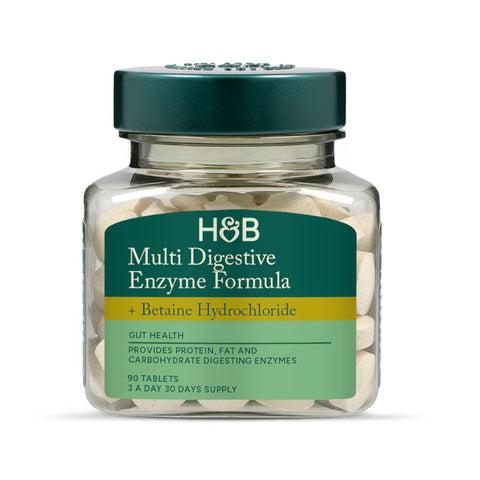Benefits of Probiotics for Children: What Parents Need to Know
Vincent Carrié
Probiotics have gained popularity in recent years for their multiple benefits for digestive health and the immune system. But are they really beneficial for children? What should parents know before incorporating these supplements into their child’s diet? In this article, we explore the benefits of probiotics for children and provide practical advice for parents.
What Are Probiotics and How Do They Work?
Probiotics are live microorganisms that, when administered in adequate amounts, offer health benefits, primarily in the gut. These microorganisms, commonly known as "good bacteria," help balance the intestinal flora, improving children's gut health and contributing to a healthier digestive system.
Benefits of Probiotics for Children
- Improvement of Digestive Health
One of the main benefits of probiotics for the digestive system is their ability to help maintain a healthy balance of bacteria in the gut. This can prevent issues like constipation, diarrhea, and other common stomach discomforts in children. - Probiotics for constipation are particularly helpful for children who struggle with regular bowel movements.
- Strengthening the Immune System
Probiotics not only benefit gut health but can also support the immune system. A healthy gut is crucial for a strong immune system, as approximately 70% of the immune system is located in the gastrointestinal tract. - The best probiotics for the immune system help children fight off infections and illnesses more effectively.
- Support During Antibiotic Use
Antibiotics, while necessary to fight bacterial infections, can eliminate both good and bad bacteria in the gut. This can lead to an imbalance in gut flora. Probiotics can help restore this balance, reducing the side effects of antibiotics. - Promotion of Child Development
Probiotics have also been shown to have a positive impact on child development. A healthy gut is fundamental for the proper absorption of nutrients, which contributes to the growth and development of children.
How to Choose the Best Probiotics for Children
- Consult a Pediatrician
Before introducing any supplement into your child’s diet, it’s crucial to consult a pediatrician. They can provide probiotic guides for parents based on the specific needs of each child. - Choose Child-Specific Probiotics
Not all probiotics are created equal. It’s important to choose products specifically formulated for children, containing appropriate bacterial strains in safe amounts for them. - At Holland & Barrett, you can find a wide range of children’s probiotic supplements designed to support the digestive and immune health of the little ones.
- Check for Quality
Ensure that the probiotics you choose are of high quality. Check labels to guarantee they contain live bacteria and are free from unnecessary additives. Opt for brands that offer transparency about their ingredients and manufacturing processes.
Probiotic Tips for Parents
- Introduce Probiotics Slowly
When starting to give your child probiotics, do so gradually. This allows the digestive system to adjust to the new microorganisms without causing discomfort. - Observe the Child’s Reaction
Every child is different, and probiotics can affect each one differently. Monitor any changes in your child’s digestion or behavior and consult a doctor if you have any concerns.
Conclusion
Probiotics for children can offer numerous benefits, from improving digestive health to strengthening the immune system. However, it’s crucial to choose the right products and consult a pediatrician before introducing them into your child’s diet. With proper guidance, probiotics can be a valuable addition to your child’s overall well-being.




